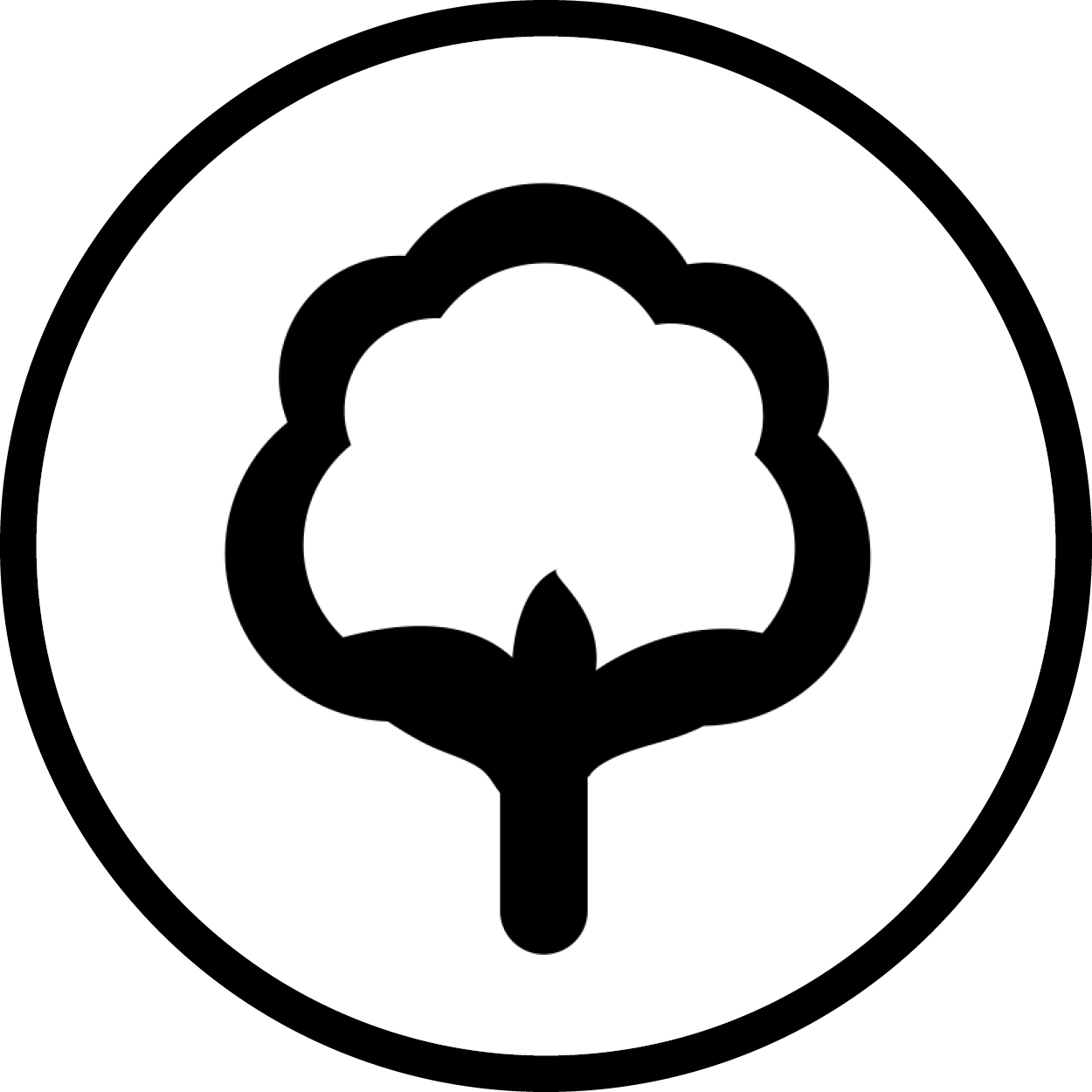Working conditions are dismal in global low-wage industries. Together, we can push companies and governments for change.
ILRF works with allies and networks around the world – labor unions, consumer activists, religious and community-based organizations, human rights organizations, and student groups – to demand dignity and justice for workers. We build transnational campaigns in consultation with the workers who stand to benefit directly. And we have long term partnerships in key countries with the groups most committed to worker empowerment and able to advocate solutions. ILRF country priorities are determined by where we are able to leverage our networks to support local worker struggles, and where strategic campaigns have the potential to reshape the debate on global labor rights solutions.
Some of Our Strategic Campaigns:

Cocoa in Cote D’Ivoire and Ghana:
Cocoa is a highly visible consumer good with concentrated production in West Africa (70% of the world’s cocoa), a region where the abysmal infrastructure leaves farmers with little information or means to secure a better price for their cocoa and poverty-driven migration fuels the supply of child and forced labor. ILRF’s cocoa campaign has effectively moved the debate around cocoa industry solutions from a focus on simply removing children from work to a root cause approach that prioritizes improving parents’ livelihoods and corporations’ accountability to treat those farmers fairly.

Apparel Production in Bangladesh:
Bangladesh has had the fastest growing apparel industry in the world for a decade and nowhere has the disregard for workers’ rights and welfare been more obvious. Global brands have invested millions of dollars into monitoring workers’ rights and safety and yet have remained incapable of preventing the largest industrial accidents in history. ILRF has documented worker testimony about how their concerns were disregarded and their right to refuse dangerous work repeatedly denied and exposed how brands’ confidential and voluntary monitoring initiatives have sidelined the role of trade unions and allowed brands to walk away from flawed factories without telling workers or the authorities about the risks uncovered. ILRF helped to develop and is a witness signatory to the Accord on Fire and Building Safety in Bangladesh, which is a breakthrough in corporate accountability agreements, involving transparent, legally binding programs that involve local and international trade unions in the governance and implementation of the solution. The Accord represents a significant shift forward in corporate supply chain accountability.
FORCED LABOR PROGRAM

Cotton in Uzbekistan:
ILRF has documented child labor throughout global cotton production, but the Uzbek government’s system of forced child and adult labor during the cotton harvest has enabled ILRF and allies to build a broad, multi-stakeholder coalition with allies in North America, Europe, Korea and Australia. The stark system of abuse in Uzbekistan has brought dozens of global brands to support the coalition’s demands on international diplomats and the Uzbek government and to study further the weaknesses of their supply chain controls. ILRF has led the policy advocacy strategy of the coalition, leveraging US trade law and ILO mechanisms to build diplomatic pressure and most recently get the Uzbek government to begin to shift away from the use of forced child labor. Throughout the campaign, ILRF has invested in and promoted the leadership voice of Uzbek expats and, to the extent they are ready to do so, that of Uzbek NGOs willing to speak out internationally on this issue.

End Uyghur Forced Labor In China:
The Coalition to End Forced Labour in the Uyghur Region is a coalition of civil society organisations and trade unions united to end state-sponsored forced labour and other egregious human rights abuses against people from the Uyghur Region in China, known to local people as East Turkistan.
The coalition is calling on leading brands and retailers to ensure that they are not supporting or benefiting from the pervasive and extensive forced labour of the Uyghur population and other Turkic and Muslim-majority peoples, perpetrated by the Chinese government.
You can read more about the campaign here.
GLJ-ILRF’s forced labor programs work is supported by Freedom Fund, Laudes, OSF, and the National Endowment for Democracy.

Fruit in Latin America:
Bananas have long been the highest earner for supermarkets across the US. And the banana industry has been one of the most highly unionized agricultural sector workforces in the Americas. In recent years, however, the ability of these workers to bargain collectively and maintain decent conditions has been undercut by global production shifts to Africa and direct purchasing by super markets such as Walmart and Tesco, which have in turn undercut supermarket prices and fueled the downward pressure on wages. Through our USLEAP program, ILRF is working with the banana unions and allies in the US to build a solidarity campaign to support workers organizing in this sector, particularly in Honduras, a major exporter in the region which has seen an increase in violence against trade unionists in recent years. The USLEAP campaign is thus a critical opportunity to sustain and build solidarity in the Americas.